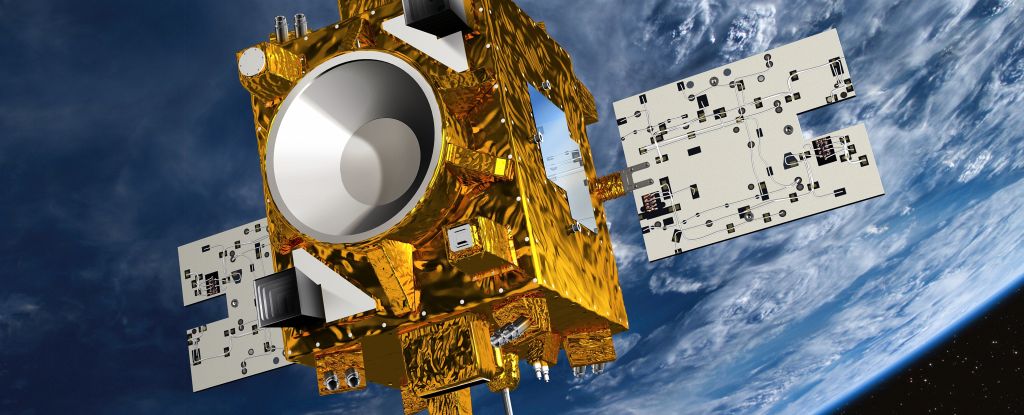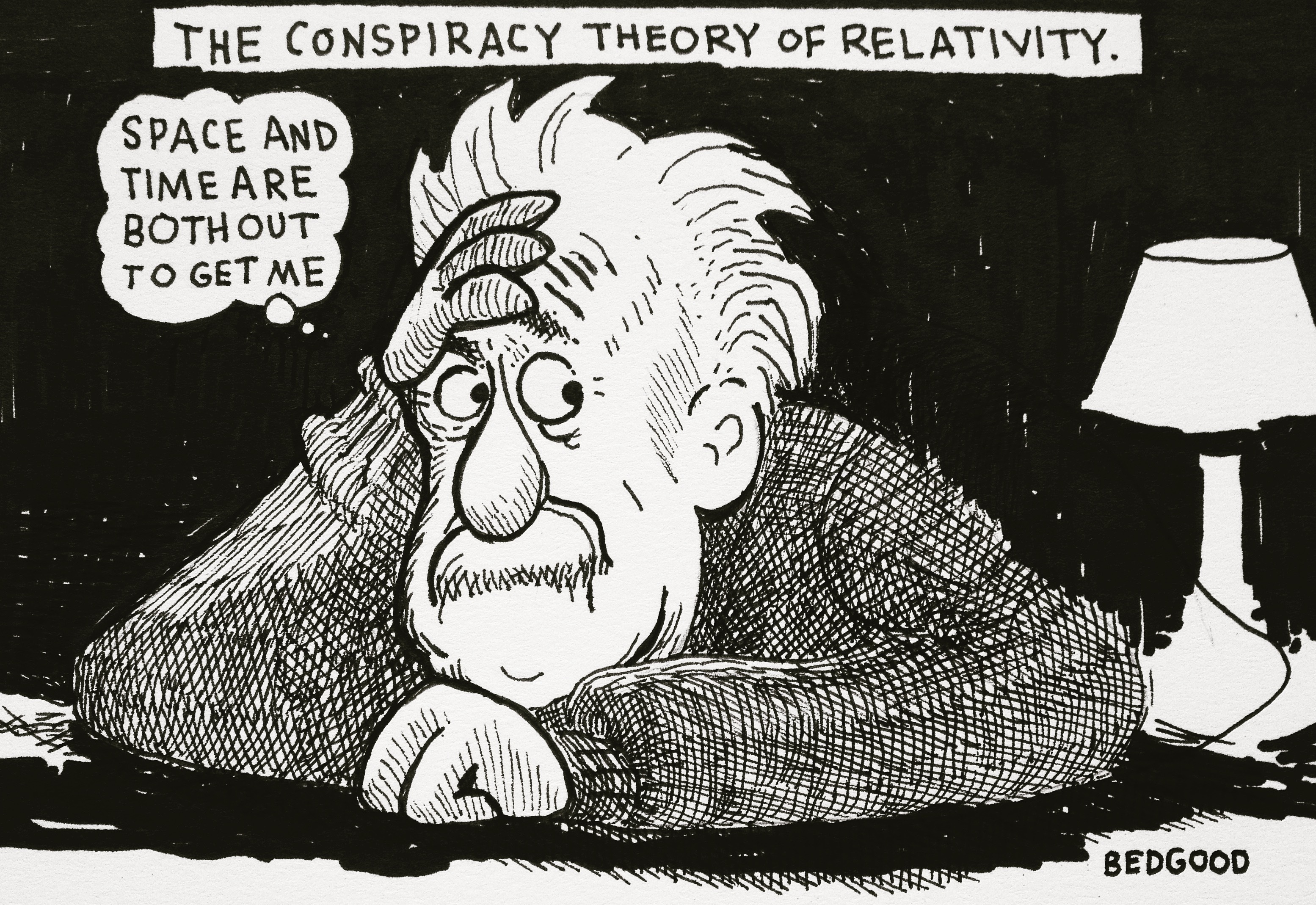#relativity
Did The Future Already Happen? - The #Paradox of #Time - YouTube
https://www.youtube.com/watch?v=wwSzpaTHyS8
I often like to do thought experiments while #cycling and sometimes I can't think all the way through to the end of the answer. Here's a recent one for #physicists who specialize in #relativity. A #bike's #wheel rotates such that the bit in contact with the #road is instantaneously at rest with respect to the #ground (as long as you're not skidding), at least in #NewtonianMechanics. On the other hand, the bit diametrically opposite to it is moving at precisely twice the speed of the #bicycle.
Now, imagine a #cyclist with the speed of #Hermes and the strength of #Heracles who can go as fast as possible but within the confines of what we know about the real world. If the above still holds, about the #tyres of the bike, then, in the limit, the top of the wheel can go no faster than the speed of light, c, and the mass of that bit of the wheel increases without bound. Does that mean that the bike itself cannot exceed c/2?
Does time dilation require acceleration? In her latest video, Sabine Hossenfelder seems to get this wrong!
https://www.youtube.com/watch?v=ZdrZf4lQTSg
In the twin paradox, Alice stays at home, while Bob departs to a rapid but long-winded journey, and when he comes back, he's younger than alice. But the time measurement which says that Bob experienced less time than Alice can be done without turning Bob around!
We let Bob meet Carl at a distance who then does the traveling back instead of him. None of our three friends need to accelerate, they just have to meet at three events which form a causal triangle, and be able to compare clocks when that happens!
Alice waits for t years, Bob takes some u years to meet Carl, and Carl needs v more years to get back to Alice, where they learn that t > u+v. That's the triangle inequality with the compare operator flipped! This is caused by the sign flip in Einstein's metric!
Because there are still inconsistencies in scientists' understanding of the universe.
https://www.livescience.com/physicists-drop-objects-satellite-prove-galileo-correct.html




